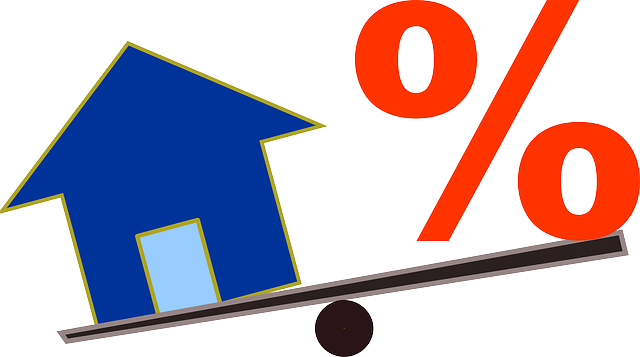Debt consolidation loans, especially a 10k option in the UK, simplify multiple unsecured debts like credit cards and personal loans by combining them into one lower-interest loan. There are two main types: secured (requiring collateral) and unsecured (without collateral but potentially higher rates). Many choose a mix for effective management, relief from multiple repayment dates, and potential long-term cost savings. A 10k Debt Consolidation Loan can be powerful with strategic combination, offering lower rates through secured loans while preserving flexibility with unsecured options.
In today’s financial landscape, managing multiple debts can be a complex challenge. For many UK residents, exploring debt consolidation loans offers a potential solution. This article delves into the intricacies of secured and unsecured loan options available in the UK, providing insights into how to secure a 10k debt consolidation loan. By understanding the differences between these loan types, borrowers can make informed decisions to simplify their financial obligations and pave the way for better long-term monetary health.
- Understanding Debt Consolidation Loans in the UK
- Secured and Unsecured Loans: What's the Difference?
- Combining Secured and Unsecured Loans for 10k Debt Relief
Understanding Debt Consolidation Loans in the UK
Debt consolidation loans in the UK are a popular solution for individuals struggling with multiple debts. These loans allow borrowers to combine various unsecured debts, such as credit cards and personal loans, into a single loan with a lower interest rate. This simplifies repayment by reducing the number of payments needed each month and can save money on overall interest costs. A 10k debt consolidation loan is a common option for those seeking to streamline their debt burden and regain financial control.
When considering debt consolidation, it’s important to understand that there are two main types of loans available: secured and unsecured. Secured loans require borrowers to offer an asset as collateral, which can be seized if the borrower defaults on payments. Unsecured loans, on the other hand, don’t require collateral but typically come with higher interest rates. Many UK residents opt for a combination approach, using both secured and unsecured debt consolidation loans to manage different types of debts effectively. This strategic financing can provide much-needed relief from the stress of multiple repayment dates while potentially reducing long-term financial obligations.
Secured and Unsecured Loans: What's the Difference?
When considering a debt consolidation loan in the UK, understanding the difference between secured and unsecured loans is crucial. Secured loans require borrowers to offer an asset, such as property or a car, as collateral. This acts as a safety net for lenders; if the borrower defaults on payments, they can seize the asset. Unsecured loans, on the other hand, don’t require any collateral. Lenders assess your creditworthiness and financial health to determine repayment ability.
Secured loans often come with lower interest rates as the risk to lenders is reduced by the collateral. Unsecured loans are generally more accessible but may have higher interest rates due to the increased risk. For instance, a 10k debt consolidation loan can be either secured or unsecured, depending on your credit profile and willingness to offer collateral. Secured options might be suitable for those looking to reduce monthly payments, while unsecured loans could be preferred by those who prefer not to put up an asset as guarantee.
Combining Secured and Unsecured Loans for 10k Debt Relief
Combining secured and unsecured loans can offer a powerful solution for those aiming to achieve significant debt relief, such as a 10k debt consolidation loan. This hybrid approach leverages the strengths of both types of financing. Secured loans, backed by an asset like property or a vehicle, often provide lower interest rates due to the reduced risk for lenders. Meanwhile, unsecured loans offer flexibility and faster approval times, as they aren’t tied to collateral.
By combining these options, individuals can access larger loan amounts to pay off multiple creditors at once, simplifying their repayment process and potentially reducing overall interest paid. This strategic approach allows borrowers to tackle substantial debts like 10k effectively while managing risk and maintaining financial flexibility.
Debt consolidation loans in the UK offer a viable solution for managing personal debt, whether through secured or unsecured options, or a combination of both. For those aiming to alleviate a substantial amount like a 10k debt, understanding the nuances between these loan types is key. Secured loans provide greater flexibility and potentially lower rates, while unsecured loans offer convenience with no collateral required. Combining both approaches can be an effective strategy to achieve significant debt relief, catering to diverse financial needs and circumstances. When considering a 10k debt consolidation loan, thorough research and consultation with financial advisors are essential steps towards reclaiming control of one’s finances.
